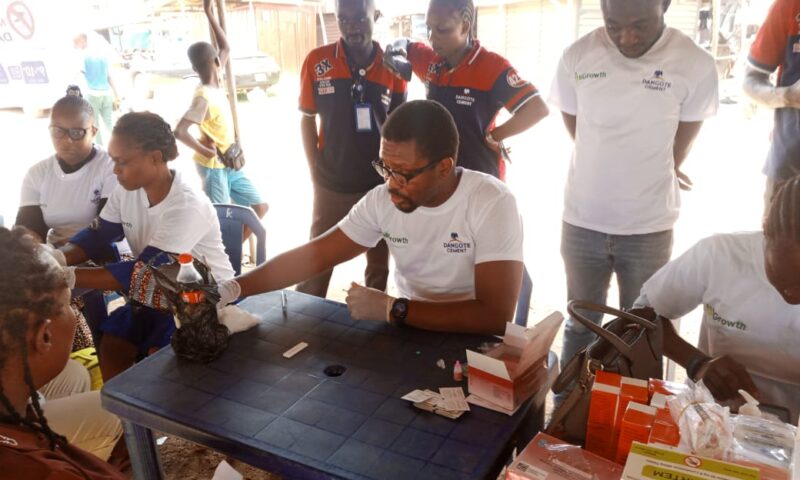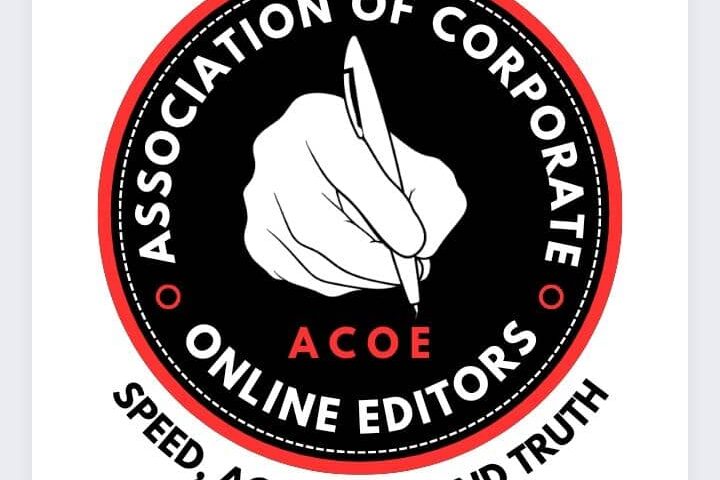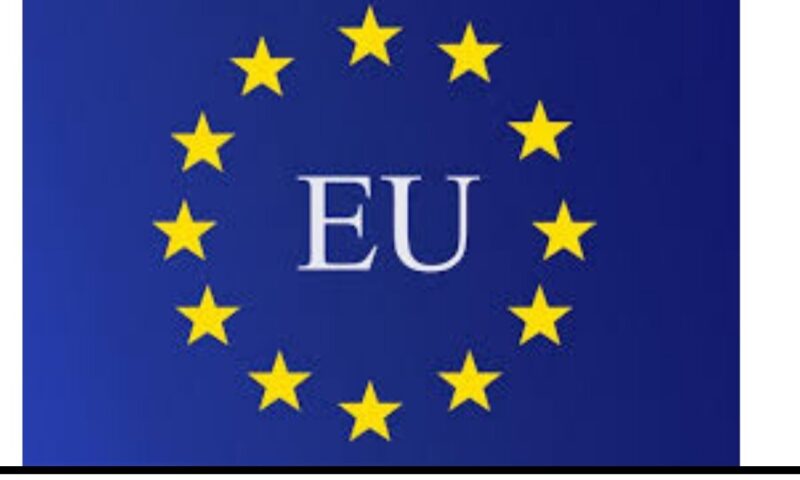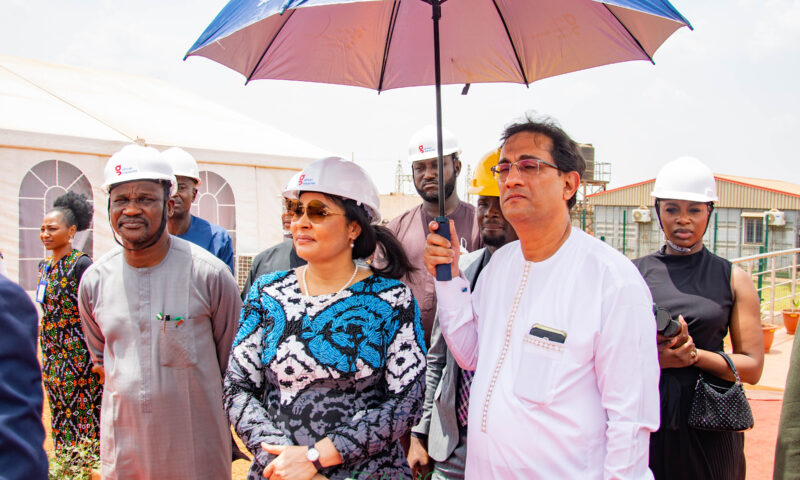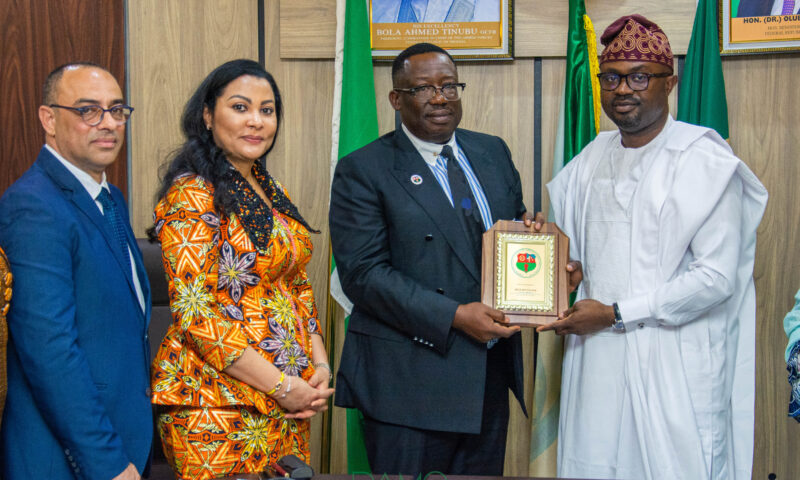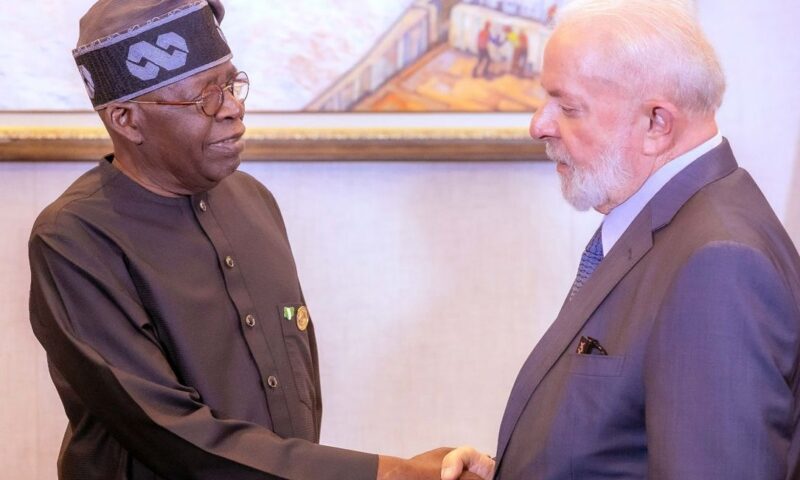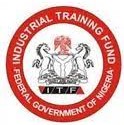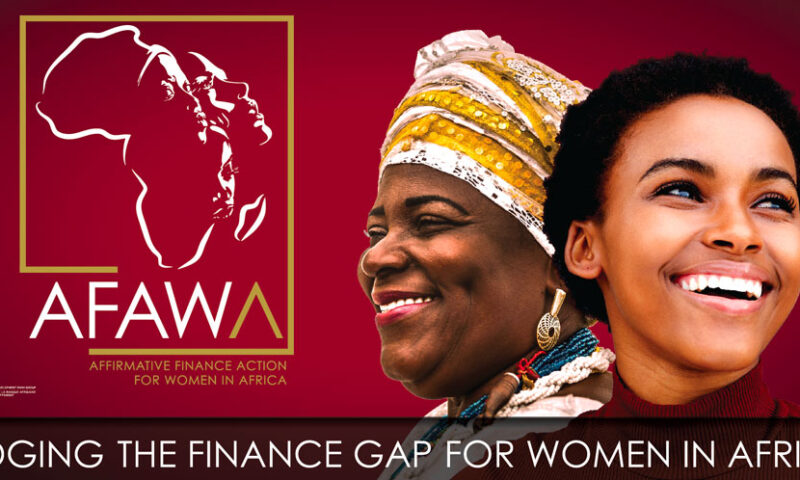Dangote Cement offers free malaria treatment in Edo
By Favour Nnabugwu
The Dangote Cement Plc has flagged off its malaria intervention programme for host communities at Okpella, Etsako East Local Government Area of Edo State.
Group Head of Sustainability, Dangote Cement Plc, Dr Igazeuma Okoroba, said the 2024 Malaria Campaign is not just to commemorate World Malaria Day, but also to contribute to advancing Nigeria’s progress on Sustainable Development Goal (SDG) 3 of the United Nations, which harps on good health and wellbeing.
Dr. Okoroba described the relationship between the Dangote Cement and host communities as robust.
“As we observe, a significant portion of the population lacks access to vital healthcare services. Dangote Cement PLC aims to bridge this gap by addressing disparities in our host communities.
“We believe that healthy people are the foundation for healthy economies, and for this reason, countries are taking decisive actions to counteract health challenges. Our target for this campaign is Edo State.
According to the United Nations, efforts to combat infectious diseases like HIV, TB and malaria improved between 2000 and 2015; however, progress has since slowed, she said.
According to her, Dangote Cement’s response to this situation is to join the world in “accelerating the fight against malaria for a more equitable world.”
“Today’s campaign in Okpella, therefore, aims to engage our communities, bring health care close to where people live, and address factors that increase malaria risk while also demonstrating our corporate social responsibility.”
While calling on the people to participate actively in the two-day activities, she commended the Edo state Ministry of Health and partners for their collaboration in making this programme successful.
Speaking at the flagged off ceremony, the Coordinator Sustainability Dangote Cement Plc, Okpella, Engr. Sunday Adondua, said the programme was aimed at reducing incidence of malaria to as low as possible in the company’s host communities.
Engr. Adodua, a General Manager, Training and Development, added: “If the people use what we gave them in terms of drugs and mosquitos nets, we will chase malaria out of the communities.
“The essence of this programme is to make life more meaningful for the people of our host communities who are vulnerable in terms of finance and resources endowment to afford good medical establishments for treatment.
“So, we are bringing the treatment to them right in their home. We want to reach as many people as possible, we start today, and it is continuing tomorrow. So those who heard the news of today’s event will come tomorrow. Even if 2,000, 5000 and 10,000 people visit us, they will get treatment.
“Here, we look at the patients’ conditions as regards malaria. It is more like a scourge in some communities, and you find a great numbers of them losing their lives to it.
“We have heard some cases where people go to the hospital and are diagnosed but when they are asked to get drugs, they will leave because they don’t have money.
“Dangote has a robust CSR programme for host communities, we have been doing this every year. Last year we have our sustainability week and at Okpella community we established a library with 10 laptops and internet connectivity for the community. The donation would be done next week.”
He said the company is determined at breaking the cycle of malaria in the host communities.
Speaking, Comrade Victor Ojeifo, Director Community Health Service, in charge of Malaria Elimination Programme, Primary Healthcare Development Agency, Etsako East Local Government Area, commended Dangote Cement for the medical outreach for host communities.
“This is what we have been expecting to see when we preach to nongovernmental organization to try to attend to the vulnerable who can’t afford to buy drugs.
He called on communities to compliment the Dangote programme by clearing bushes and stagnant water in their areas as part of efforts in eradicating malaria.
A beneficiary, Mrs. Adiza Aliu, who was treated, said the programme has given her the opportunity to attend to her health without spending money.
“I was diagnosed of malaria. They gave me drugs and mosquito net. They asked me to be sleeping under the net to prevent malaria. Look at the drugs they gave me. I didn’t pay any money.”
She however thanked Dangote Cement Plc for coming to their aids, saying God will bless Dangote.
For Innocent Valetina, Dangote is God’s sent to alleviate their suffering, as regards their health need.
He said: “I am grateful to Dangote because the mosquito net is very expensive and most of us couldn’t afford but we got it free from the free malaria programme.”
Drugs are expensive and not everybody can afford drug now but with this programme, we got free test, drugs and mosquito nets for ourselves and children. God should continue to bless Dangote.
On her part. Mrs. Adiza Sedu, said she was happy to be among the beneficiaries of the free malaria treatment.
She added: “I was screened, I don’t have malaria, but they said my blood pressure is high. They gave me drugs and mosquito net and advise me to always go to the health centre to check.”
She however prayed that God should bless Dangote and meet his needs.
Also, Mrs. Eunice Solomon, said she was given malaria drugs and mosquito net after tested positive to malaria.
“I thank Dangote for these drugs, he has saved me from going to the hospital and the money I would have spent on drugs. God will bless Dangote,” she said.
Another beneficiary, Pastor Joshua, who was treated for Malaria, said he is happy to be part of the programme.
“I thank the people very well. We have not been seeing this kind of thing before. We appreciate Dangote and all those that are here to treat us.”

